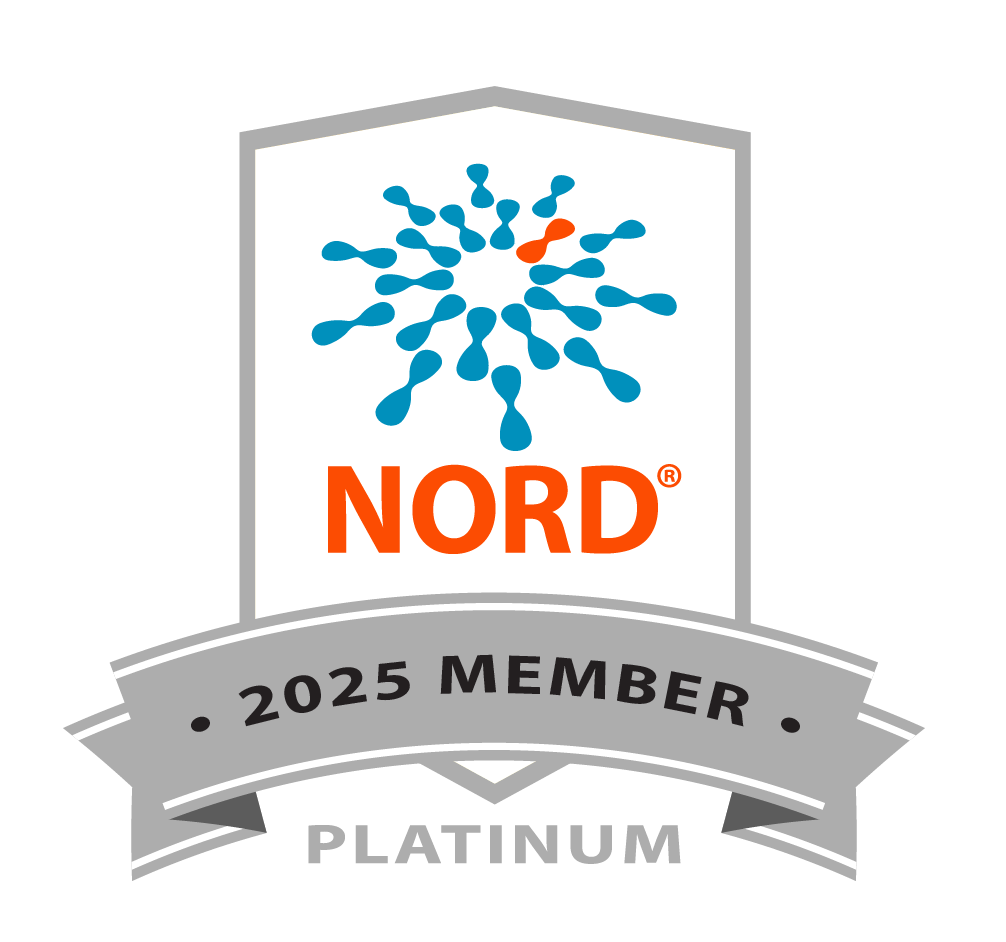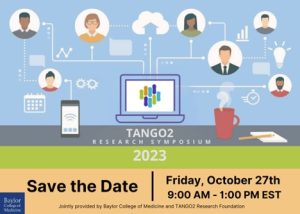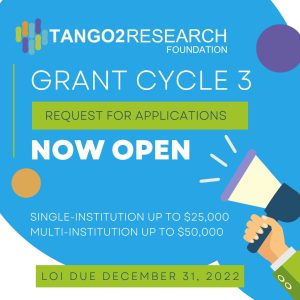| Intellectual Disability |
- Intellectual disability/developmental delay is present in almost all individuals with varying severity
|
| Regression |
- Loss of motor and cognitive skills
|
| Poor Coordination and Unsteady Gait |
- Poor coordination, unsteady gait, or clumsiness is frequently reported in individuals who are walking even prior to the first episode of metabolic crisis or rhabdomyolysis
|
| Increased Tone |
- Muscles are tight and tense even at rest with reduced capacity to stretch.
- Can lead to spasticity and rigidity
|
| Episodic Muscle Weakness |
- Unable to sit without falling
- Difficulty with grasping items/toys
- SEE VIDEOS
|
| Benign Paroxysmal Torticollis (BPT) |
- BPT typically manifests as a head tilt to one side for a few hours or days. It may not be affected by sleep. Spells can last as little as 10 minutes or as long as 2 months.
- SEE VIDEOS
|
| Hyperreflexia |
|
| Clonus |
- A series of involuntary, rhythmic, muscular contractions and relaxations
- SEE VIDEOS
|
| Dysarthria |
- A motor speech disorder characterized by poor articulation
|
| Myopathic facies |
- Facial appearance with bilateral ptosis (droopy eyes) and inability to elevate the corners of the mouth due to muscle weakness
|
| Seizures |
- Seizures are observed outside of crises in more than 75% of individuals including generalized myoclonic seizure and atonic seizures.
- Seizures are generally responsive to antiepileptic medications
|
| Brain Imaging Abnormalities |
- MRI may show cerebral volume loss.
- Some affected individuals had prominent lateral ventricles, with progressive brain atrophy.
- Some individuals have normal brain imaging studies.
|
| Hypothyroidism |
- Hypothyroidism has been reported in more than one third of individuals with TANGO2-related illness.
- Elevated serum thyroid stimulating hormone (TSH) and low free T4
|
| Ophthalmology |
- Intermittent exotropia (lazy eye) has been observed in most individuals.
- Rare individuals have been diagnosed with optic atrophy.
|
| Other Episodic (non-seizure) Symptoms |
- can include torticollis, instant onset fatigue, loss of muscle control, weakness, dizziness/balance issues, garbled speech, drooling, swallowing issues, dystonia, and/or clonus
- Presentation and duration can vary with each episode
- They can be instant onset and are sometimes alleviated by sleep.
- SEE VIDEOS
|
| Hearing Loss |
|











